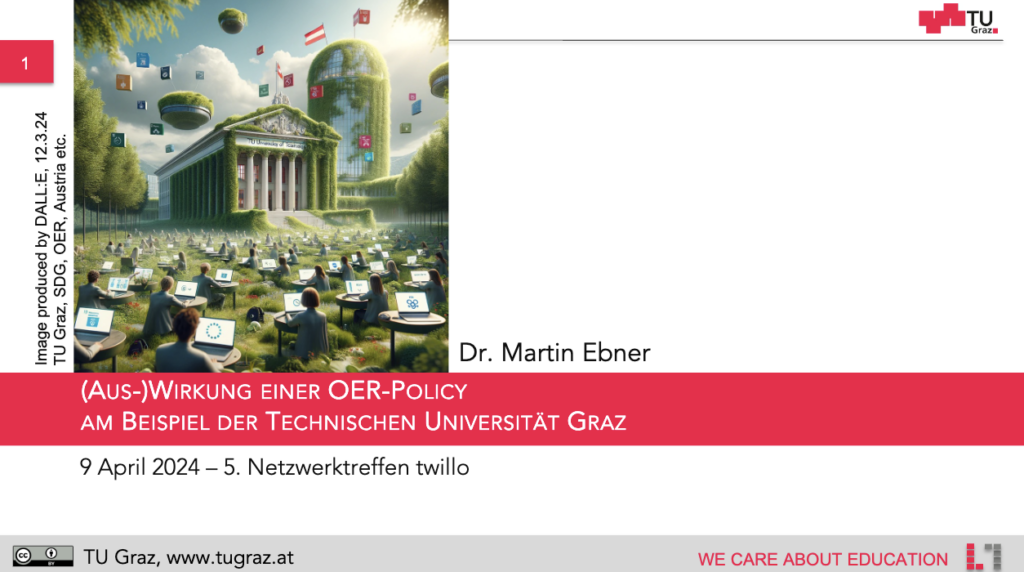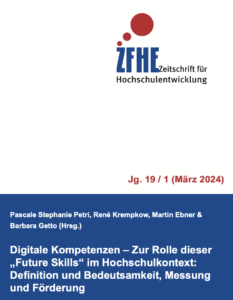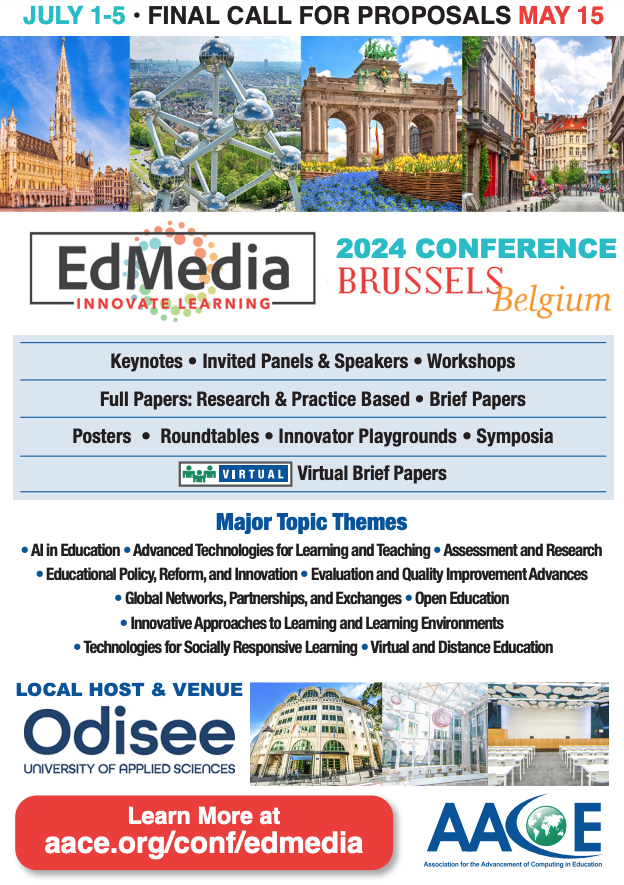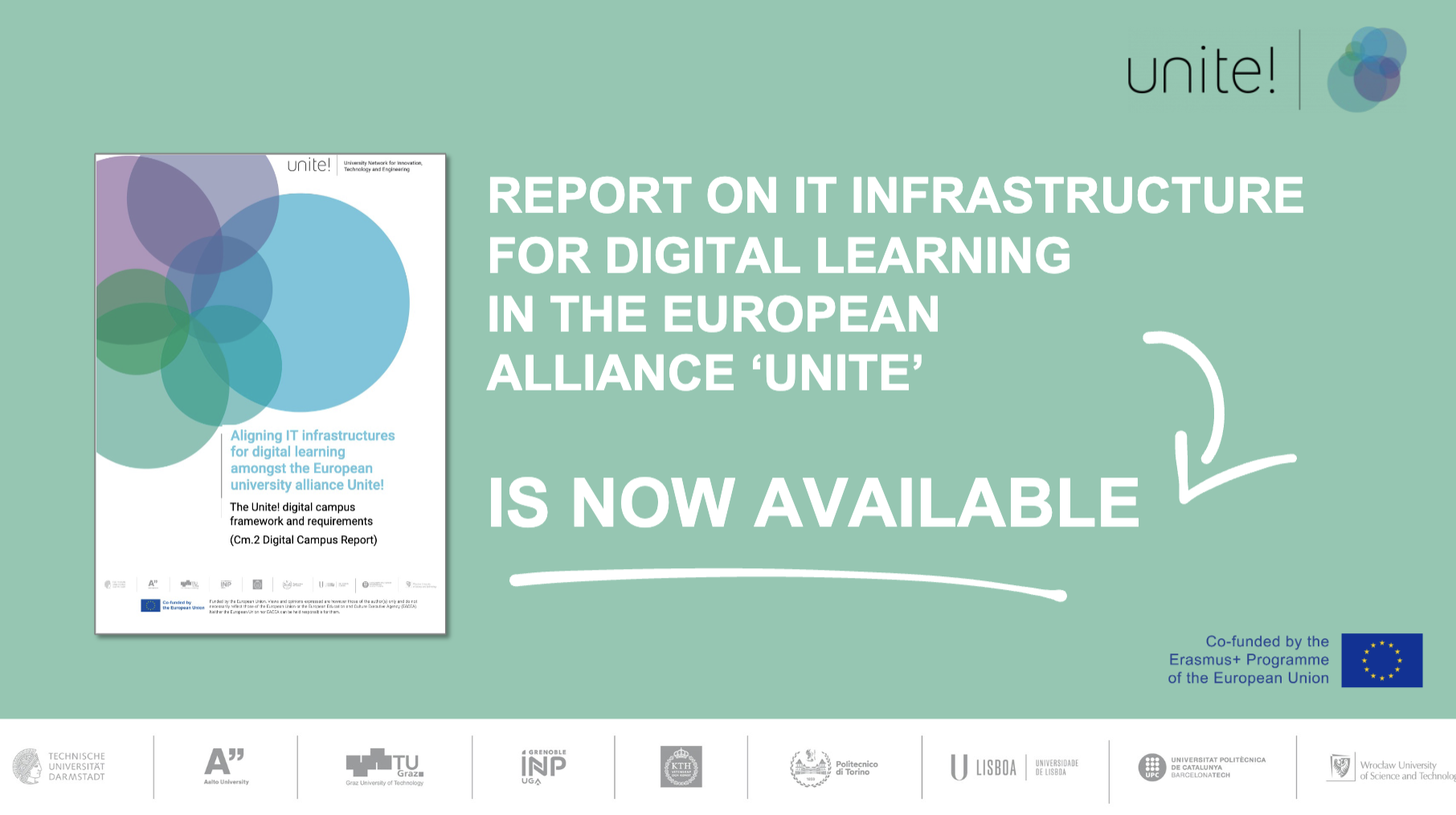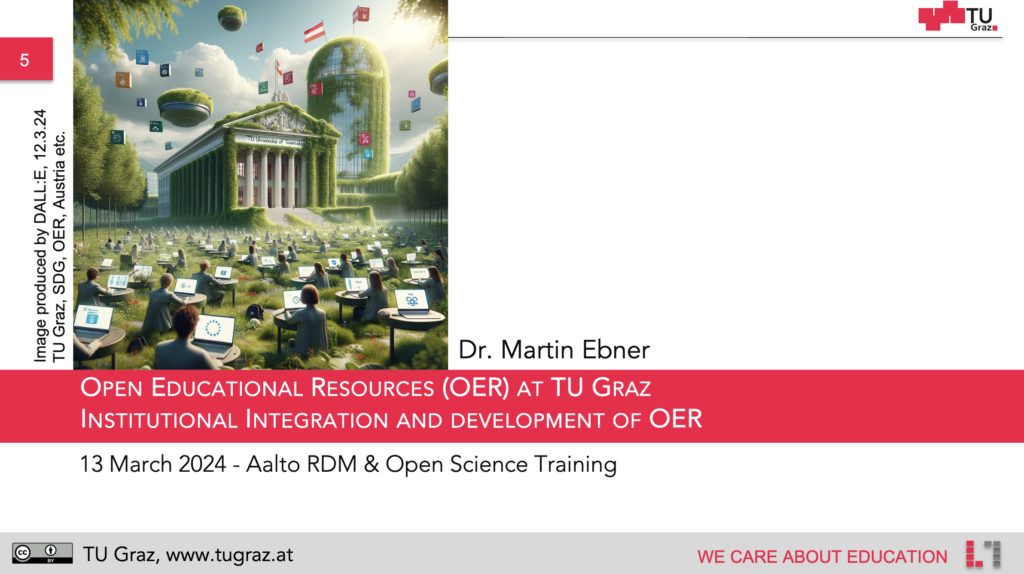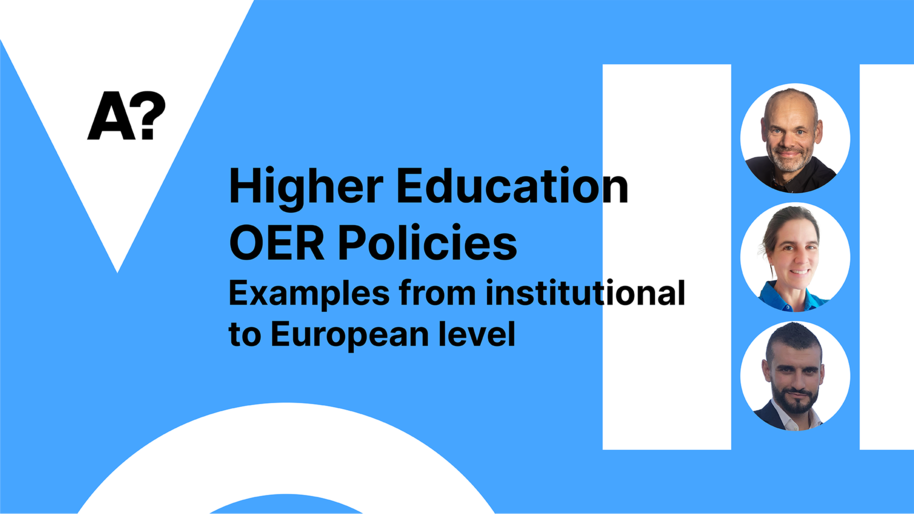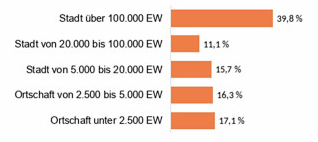Our article about “Analysis of Learners’ Emotions in E-Learning Environments Based on Cognitive Sciences” got published in the International Journal of Interactive Mobile Technologies (iJIM):
Abstract:
The present study aimed to examine students’ emotions in e-learning classes through facial expressions and investigate the influence of different instructional methods on students’ emotional responses. In this study, we examined the facial expressions of 17 undergraduate students using three different methods of presenting educational content (PowerPoint, video, and Kahoot) in online classes and analyzed the data with face reader software. The findings demonstrated that students experienced various positive and negative emotions with different methods of content delivery. Furthermore, comparing the three methods revealed that the Kahoot method elicited the highest average of positive emotions among students compared to the other two methods. This difference can be attributed to the visual attractiveness and interactive nature of the Kahoot environment. Additionally, this study highlights that simply incorporating multimedia materials, such as PowerPoint presentations and videos, is not sufficient to enhance effectiveness and cultivate positive emotions in e-learning. While multimedia materials serve as supportive tools and enhance visualization, interaction at various levels (content, teacher, peers, etc.) is necessary. Nevertheless, the significance of this research lies in the innovative application of a tool for analyzing emotions in online learning classrooms, thereby enhancing the measurement of genuine and objective emotional responses in e-learning environments.
[full article @ journal’s homepage]
[full article @ ResearchGate]
Reference: Sahraie, F., Rezvanfar, A., Movahedmohammadi, S. H., Ebner, M., Alambeigi, A., & Farrokhnia, M. (2024). Analysis of Learners’ Emotions in E-Learning Environments Based on Cognitive Sciences. International Journal of Interactive Mobile Technologies (iJIM), 18(07), pp. 34–52. https://doi.org/10.3991/ijim.v18i07.48471

